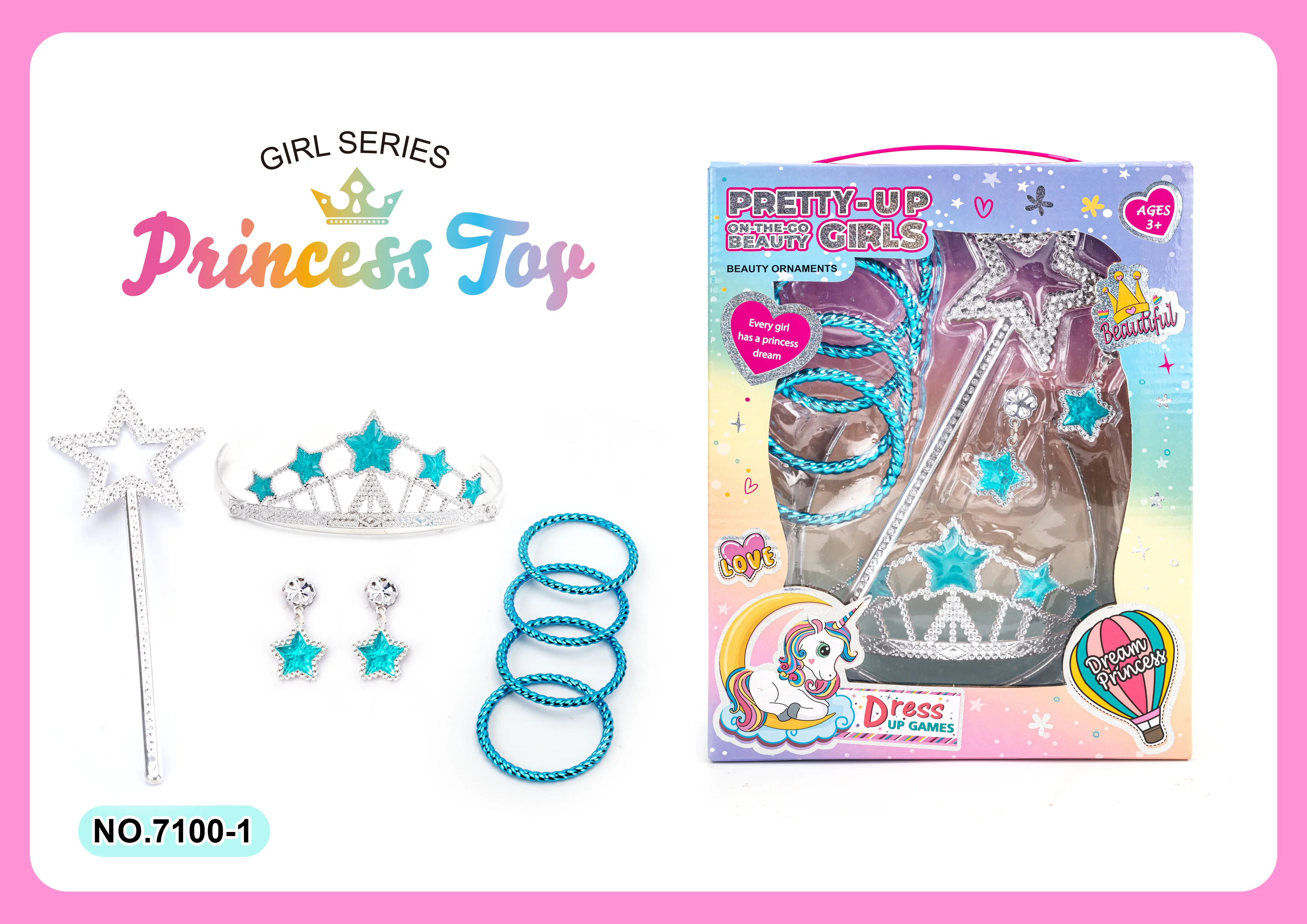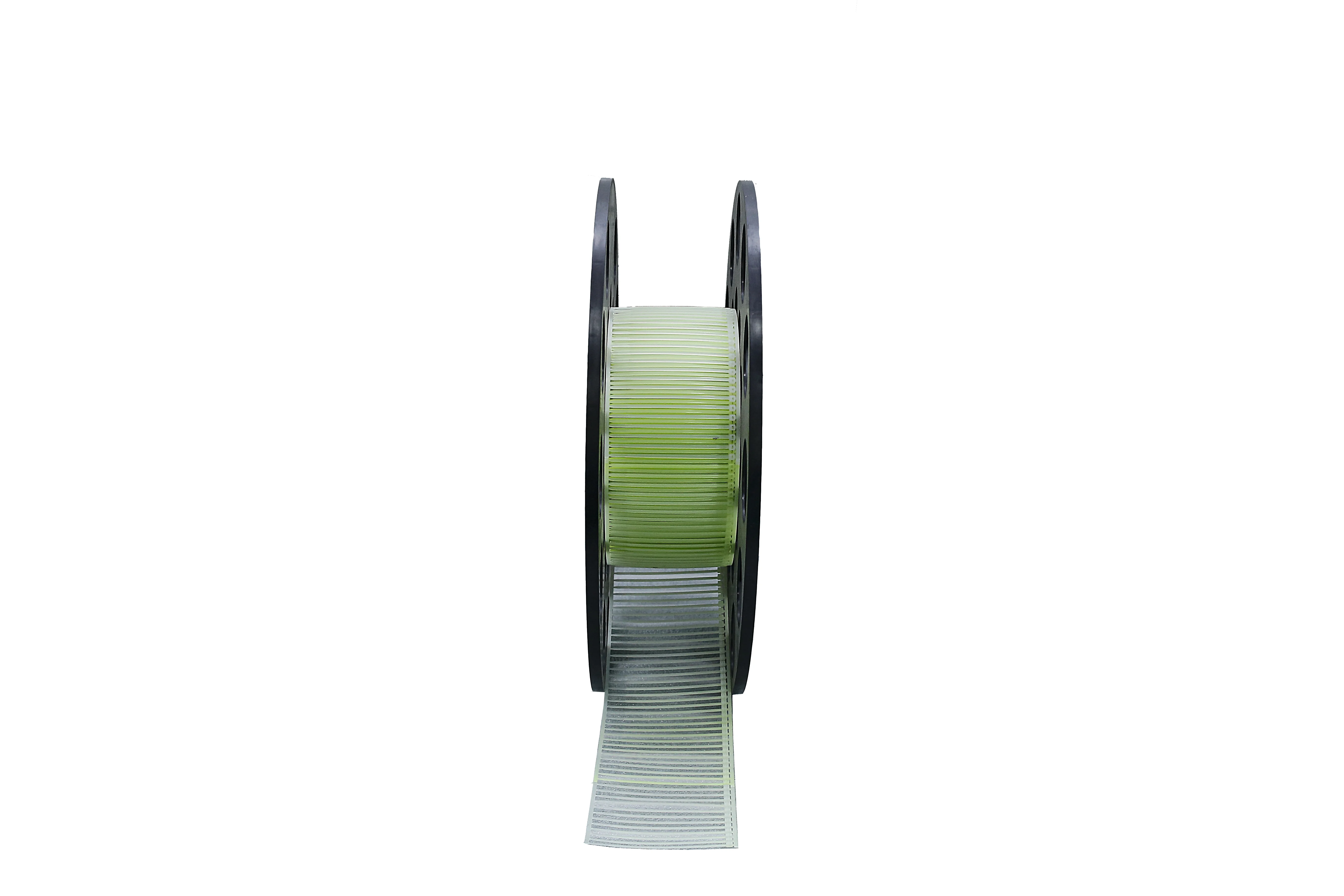When it comes to hair care, one of the most frequently debated topics is whether or not to use conditioner every day. This question is particularly relevant for individuals with varying hair types, textures, and conditions. In this post, we will explore the benefits and potential drawbacks of daily conditioner use, as well as provide tailored recommendations based on specific hair needs.
Understanding the Role of Conditioner
Conditioners are designed to enhance the health and appearance of hair by providing moisture, reducing frizz, and improving manageability. They work by coating the hair shaft, which can help to smooth the cuticle and prevent damage. However, the effectiveness and necessity of daily use can depend on several factors, including hair type, scalp condition, and environmental influences.
Hair Types and Their Needs
- Fine or Oily Hair: For individuals with fine or oily hair, daily conditioner use may not be necessary. Over-conditioning can lead to a weighed-down appearance and increased oiliness. Instead, consider using a lightweight conditioner or a leave-in product every other day to maintain moisture without compromising volume.
- Curly or Coarse Hair: Curly and coarse hair types often require more moisture due to their natural dryness. Daily conditioning can be beneficial, as it helps to hydrate and define curls while minimizing frizz. Opt for a rich, moisturizing conditioner that contains ingredients like shea butter or argan oil to enhance hydration.
- Color-Treated or Chemically Processed Hair: If your hair has been color-treated or chemically processed, daily conditioning is generally recommended. These treatments can strip hair of its natural oils, leading to dryness and brittleness. A deep conditioner or a leave-in treatment can help restore moisture and protect against further damage.
- Normal Hair: For those with normal hair, using conditioner every day is often a matter of personal preference. If your hair feels dry or lacks shine, incorporating daily conditioning can help maintain its health and vitality. However, it’s essential to choose a conditioner that suits your specific needs.
The Science Behind Daily Conditioning
The primary purpose of conditioner is to replenish moisture and improve hair texture. Regular use can help to:
- Strengthen Hair: Conditioners often contain proteins that can penetrate the hair shaft, reinforcing its structure and reducing breakage.
- Enhance Shine: By smoothing the cuticle, conditioners can reflect light more effectively, resulting in shinier hair.
- Reduce Frizz: Conditioning helps to seal moisture in the hair, which can minimize frizz and flyaways, particularly in humid conditions.
Potential Drawbacks of Daily Use
While there are numerous benefits to using conditioner daily, there are also potential drawbacks to consider:
- Product Buildup: Over time, daily use of conditioner can lead to product buildup, which may weigh hair down and make it appear dull. To combat this, consider incorporating a clarifying shampoo into your routine once a week to remove buildup.
- Scalp Health: For some individuals, daily conditioning may lead to an oily scalp or clogged hair follicles. If you notice increased oiliness or irritation, it may be beneficial to reduce the frequency of conditioning or switch to a lighter formula.
Best Practices for Daily Conditioner Use
If you decide to use conditioner every day, here are some best practices to follow:
- Choose the Right Product: Select a conditioner that is formulated for your hair type and specific needs. Look for products that are free from sulfates and parabens to minimize potential damage.
- Apply Correctly: Focus on applying conditioner to the mid-lengths and ends of your hair, avoiding the scalp to prevent excess oiliness.
- Rinse Thoroughly: Ensure that you rinse your hair thoroughly to remove any residue, which can contribute to buildup and dullness.
Conclusion
In summary, whether or not to use conditioner every day largely depends on your hair type and individual needs. While daily conditioning can provide significant benefits for certain hair types, it may not be necessary for others. By understanding your hair's unique requirements and following best practices, you can create a personalized hair care routine that promotes optimal health and appearance. Always listen to your hair and adjust your routine as needed to achieve the best results.



